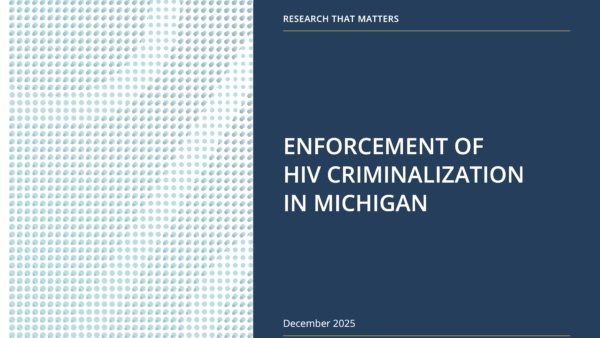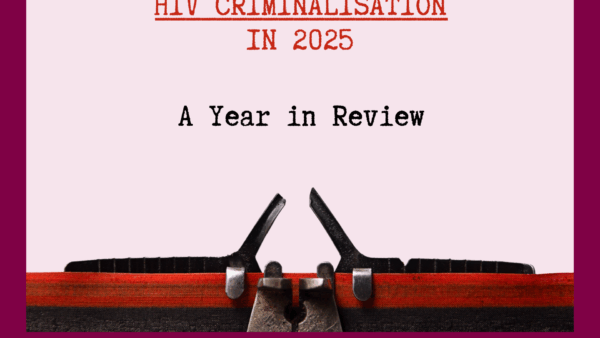People living with HIV are more likely to share syringes and not disclose they are HIV positive when they are in jail, according to a new study by researchers at the B.C. Centre for Excellence in HIV/AIDS. The study, conducted between May 1996 and March 2012, involved interviews with 657 people who used injection drugs and were HIV-positive.
It found the participants spent approximately 15 per cent of that time in jail, and while in jail they had a detectable amount of HIV in their bloodstream 83 per cent of the time, which meant they could transmit the infection to others because they were not taking their medication as prescribed. That rate dropped to 62 per cent when they were not in jail and back on their medication.
The study also found prisoners with unsuppressed viral loads were nearly twice as likely to share used needles if they had been incarcerated. “There is absolutely no reason why incarcerated individuals should not receive the same level of medical care as those in the public,” said Terry Howard, director of community based research at Positive Living B.C. and former prison outreach program co-ordinator.
He estimates about 20 per cent of prisoners are HIV positive, but the majority don’t disclose while in prison because of the stigma and direct repercussions to them. As an example, Howard said, if prisoners are using drugs and sharing a needle with other inmates, they don’t want to have to wait to be the last person to use the needle, which would be the case if the others knew they were HIV positive. “I’ve also heard horror stories about them being beaten up (for being HIV positive) and stigmatized by guards who will make a big show of snapping on gloves when transporting prisoners who are HIV positive,” Howard said.
He said guards have argued against a needed distribution program, saying the syringes could be used as weapons against them, but Howard said there’s never been an incident of corrections staff being stabbed by a contaminated needle in those countries that do have a safe needle distribution program. “It’s a red herring they fly but the government buys it, and our government doesn’t want to tolerate drug use in prison,” Howard said.








